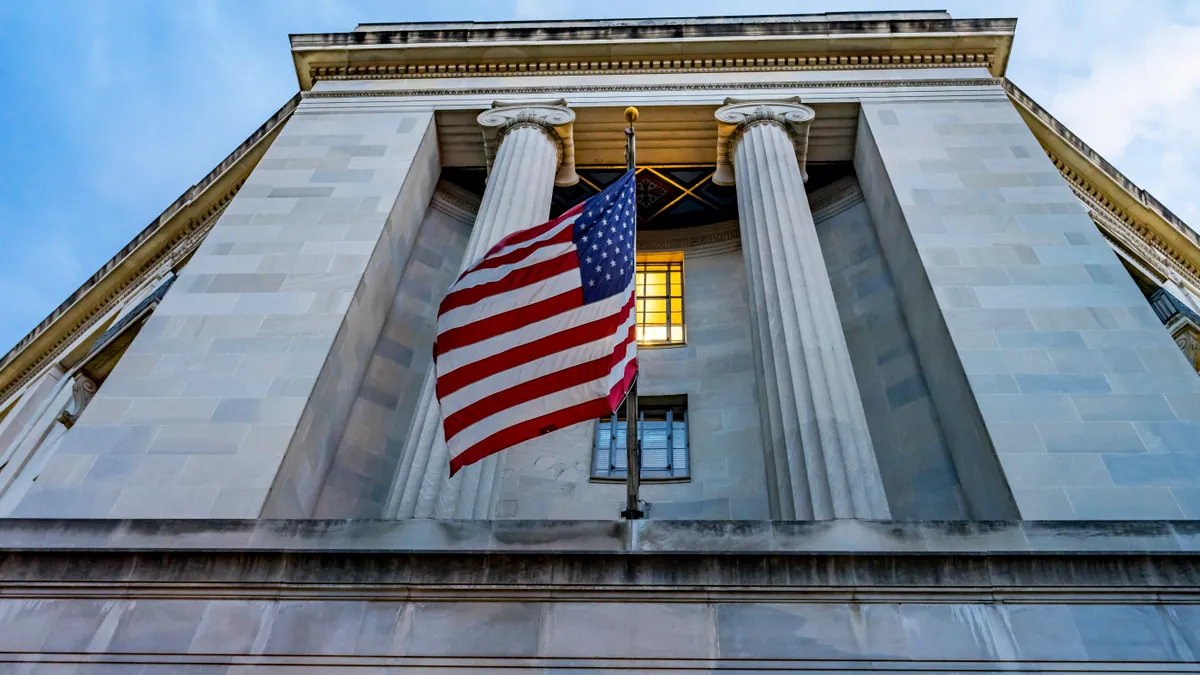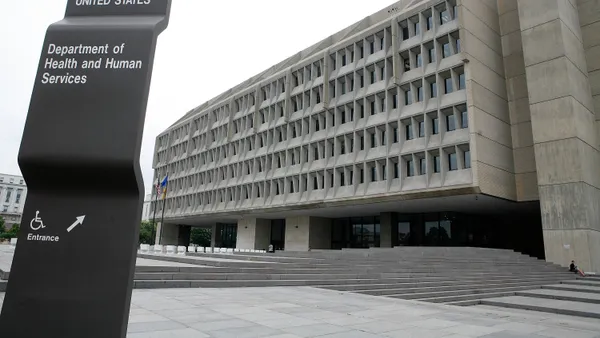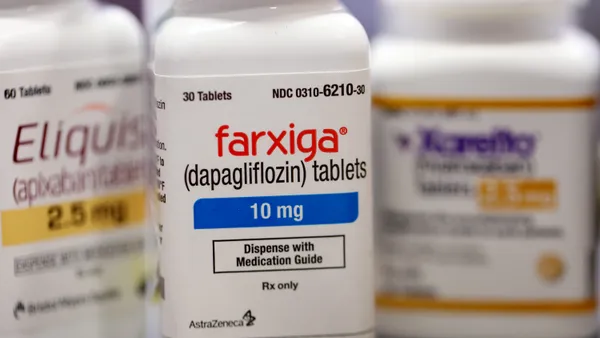Dive Brief:
- Medicare Advantage insurers fully or partially denied 7.4% of prior authorization requests in 2022, an increase compared to the previous three years, according to an analysis by health policy research firm KFF.
- Only 10% of patients appealed the denials in 2022, possibly because beneficiaries didn’t know about the appeals process or found it intimidating, according to the research.
- But when enrollees do appeal, more than 83% of the decisions were overturned — meaning needed care was likely delayed by the process.
Dive Insight:
Prior authorization, where providers are required to get insurer approval before offering a service or prescription, is very common in MA plans — particularly for pricier care such as skilled nursing facility or inpatient hospital stays, according to KFF.
Insurers argue the process helps to manage unnecessary utilization and lower healthcare costs. But providers say prior authorization is time-consuming and delays care for patients.
Lawmakers and federal regulators have also raised concerns about prior authorization in MA, an increasingly popular program where the government contracts with private insurers to manage the care of Medicare beneficiaries.
Last year, the CMS finalized a rule that required MA insurers to comply with national and local coverage determinations, and general coverage and benefit conditions included in traditional Medicare regulations. The agency has moved to streamline the process for all federally regulated health insurers too, requiring the plans to either approve or deny an urgent request within 72 hours.
The new regulations come as the number of prior authorization requests submitted to MA plans has been rising, according to KFF.
The analysis counted more than 46 million requests in 2022, up from 37 million in 2019, as more beneficiaries chose MA over traditional Medicare.The number of requests per enrollee held relatively steady during the study period, with 1.7 requests in 2022.
But the research also found significant variations across health plans. The number of prior authorization requests per enrollee ranged from 0.5 for Kaiser Permanente plans to 2.9 for an enrollee in a Humana MA plan.
Prior authorization requests vary by MA insurer
Denial rates varied too, with a 4.2% low for Anthem plans to 13% for CVS Health plans.
But across most MA insurers, few patients appealed denials — except for Cigna, where more than half of denials were appealed. That could show differences in the request and appeals processes between payers, adding additional challenges for providers who usually have to work with a variety of plans, according to the report.














